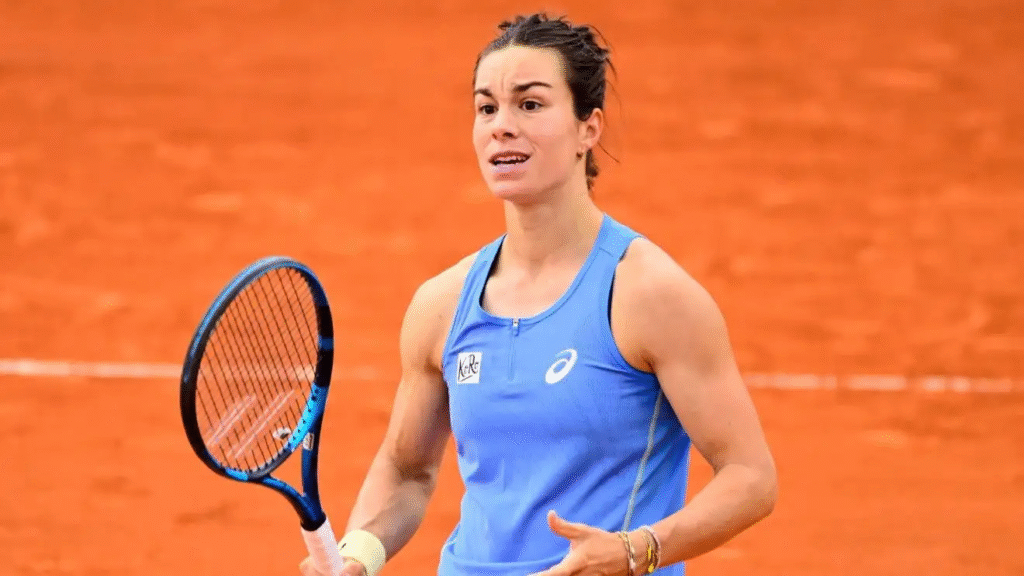
Introduction: A chilling incident at the Australian Open 2024 has rocked the tennis world. Rising French star Arthur Cazaux collapsed during his doubles match, blaming a tournament-provided energy drink for sudden, severe illness. His shocking retirement raises urgent questions about player safety, sponsor accountability, and what athletes consume on court.
The Incident: Cazaux’s Sudden Collapse
Frenchman Arthur Cazaux, fresh off a strong singles run, was partnering Harold Mayot in doubles against Harri Heliovaara and John Peers. Midway through the second set, Cazaux became visibly ill, clutching his stomach. He required medical attention and could not continue, forcing retirement while trailing 3-6, 1-3. The scene sparked immediate concern among players and fans.
“Bois Énergisant” in the Spotlight
Cazaux directly attributed his illness to “Bois Énergisant,” the official energy drink supplied courtside to players during the Melbourne heat. In post-match comments reported by L’Équipe and Eurosport, Cazaux stated, “I started to feel not good after drinking it… It was not the one I usually drink.” He described intense stomach pain and nausea shortly after consumption.
Tournament and Brand Respond
Australian Open organizers issued a brief statement acknowledging Cazaux’s retirement due to illness and wishing him a swift recovery. They confirmed awareness of his comments regarding the drink. The makers of “Bois Énergisant” (translated as “Energy Wood/Drink”), reportedly expressed concern but emphasized their product’s compliance with safety standards. An internal review by the brand is likely underway.
Player Safety Concerns Amplified
This incident intensifies ongoing debates about athlete welfare in grueling Grand Slam conditions. Players routinely rely on provided hydration and energy products. Cazaux’s experience highlights potential risks if products disagree with individual athletes or if protocols aren’t stringent enough. It echoes past, though rare, incidents of players reacting adversely to supplements or drinks at major events.
Broader Implications for Tennis Sponsorships
“Bois Énergisant” is a significant sponsor of the Australian Open. Cazaux’s allegations put such partnerships under scrutiny. Will tournaments face pressure to offer more variety or allow players greater choice in certified products? Governing bodies like the ATP and ITF may need to review guidelines for on-court nutritional provisions to prioritize player health above sponsor interests.
What Next? Investigations and Reforms Expected
The tennis community awaits further updates. Key questions remain:
- Will an independent investigation verify the cause of Cazaux’s illness?
- Could this lead to changes in how tournaments procure and supply drinks?
- Will players demand stricter testing or personal opt-outs for sponsor products?
Cazaux’s health is the priority, but the fallout could reshape sponsor agreements and safety protocols across tennis, ensuring such a scare isn’t repeated.
Summary: Arthur Cazaux’s collapse at the Australian Open, blamed on the tournament’s official energy drink “Bois Énergisant,” has ignited a firestorm over player safety and sponsor accountability. While investigations are pending, the incident underscores the critical need for rigorous product testing and flexible provisions to protect athletes’ health during competition, potentially forcing reforms in how major tournaments manage nutritional sponsorships.
